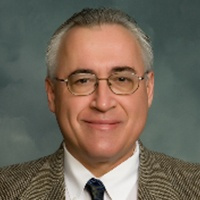Spencerville DUI-DWI Lawyer, Indiana
Sponsored Law Firm
-
 x
x

Click For More Info:
-
Roscoe Stovall Jr. & Associates
2 West Main Street Mooresville, IN 46158» view mapAccident & Injury Law Working Relentlessly For You
Let Roscoe Stovall Jr. & Associates handle your Accident & Injury case.
800-847-2831
Michael Richard McEntee
✓ VERIFIEDAccident & Injury, Workers' Compensation, Divorce & Family Law, DUI-DWI, Wills & Probate
General Practice and Workers Compensation since 1977
My name is Mike McEntee and I have been practicing law in Fort Wayne for over thirty years. I was born and raised here and my three children all went ... (more)
Bart Arnold
Criminal, DUI-DWI, Juvenile Law, Personal Injury
Status: In Good Standing Licensed: 27 Years
FREE CONSULTATION
CONTACTFREE CONSULTATION
CONTACTMichael T. Douglass
Family Law, Child Support, Adoption, DUI-DWI
Status: In Good Standing Licensed: 18 Years
 Roscoe Stovall Mooresville, IN
Roscoe Stovall Mooresville, IN

